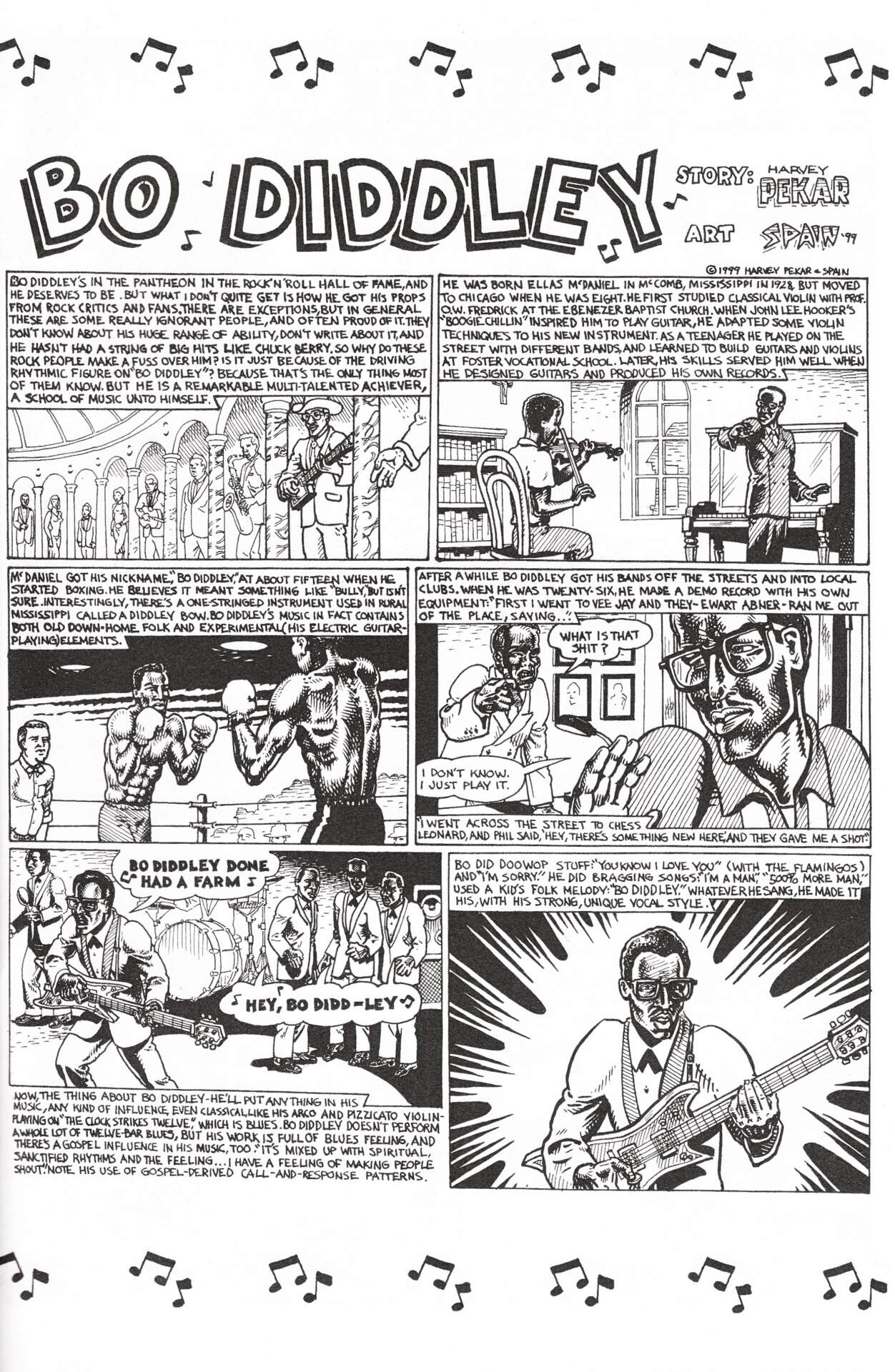
Harvey Pekar Would Have Been 72 Today.....
Monday, Oct 8, 2012
Harvey Pekar and Spain by Nancy Weekly
This morning I heard on “The Writer’s Almanac with Garrison Keillor” that it was Harvey Pekar’s birthday. Pekar, who had been based in Cleveland, Ohio, was slated to write commentary about Spain for the Burchfield Peneny’s solo exhibition, on view now.
It would have been quite a coup, but unfortunately Pekar passed away before it happened. Writing autobiographical comics/comix was what they had in common, although Pekar’s work was different. Here is how The Writer’s Almanac summed up their biographical sketch: “When asked why he wanted to turn his life into a comic book, Harvey Pekar said, "I wanted to write literature that pushed people into their lives rather than helping people escape from them."
-Nancy Weekly, Head of Collections/the Charles Cary Rumsey Curator at the Burchfield Penney.
Email Nancy at weeklyns@buffalostate.edu.
(Here’s a link and a copy of today’s installment of “The Writer’s Almanac”: http://www.elabs7.com/functions/message_view.html?mid=1592726&mlid=499&siteid=20130&uid=a45a009a42)
It's the birthday of the comic book writer and essayist Harvey Pekar (books by this author), born in Cleveland, Ohio (1939). He is the creator of the American Splendor, the first-ever autobiographical comic book series, which was eventually made into a movie starring Paul Giamatti.
His parents were Jewish immigrants. His father was a Talmudic scholar who supported the family by working as a grocer. Pekar was a smart kid, but he dropped out of community college and got a job as a file clerk at a Veterans Administration hospital. He spent his free time reading literature and collecting jazz records. He owned about 15,000 records at the height of his collecting obsession.
It was through record collecting that Pekar became friends with the legendary comic book artist Robert Crumb. One day, while discussing the future of comics as an art form, Pekar complained to Crumb that comic books were all about superheroes or monsters. Even the new alternative comics, geared toward adults, tended to be about sex maniacs and drug addicts. Nobody wrote comic books about real people and their ordinary struggles. After that conversation, Pekar decided to write a comic book about his own life.
Pekar spent the next few weeks writing about his daily difficulties at the supermarket, his interactions with his co-workers, his ordeals with lost keys, and his dating life. Since he couldn't draw anything other than stick figures, he let Robert Crumb illustrate.
The first issue of American Splendor came out in 1976, and Pekar continued publishing a new issue every summer, each one illustrated by a variety of different artists. He printed 10,000 copies of each new issue himself and distributed it to independent bookstores and comic book shops across the country. After 15 years, he was picked up by a publishing house.
Pekar wrote about nearly every important aspect of his life: his job, his friends, meeting his wife, marrying her, their struggles as a couple, buying their first house, and going through his cancer treatment. His work inspired a whole generation of artists to write autobiographical and realist comic books. An anthology of his work was published last year as American Splendor: The Life and Times of Harvey Pekar.
When asked why he wanted to turn his life into a comic book, Harvey Pekar said, "I wanted to write literature that pushed people into their lives rather than helping people escape from them."